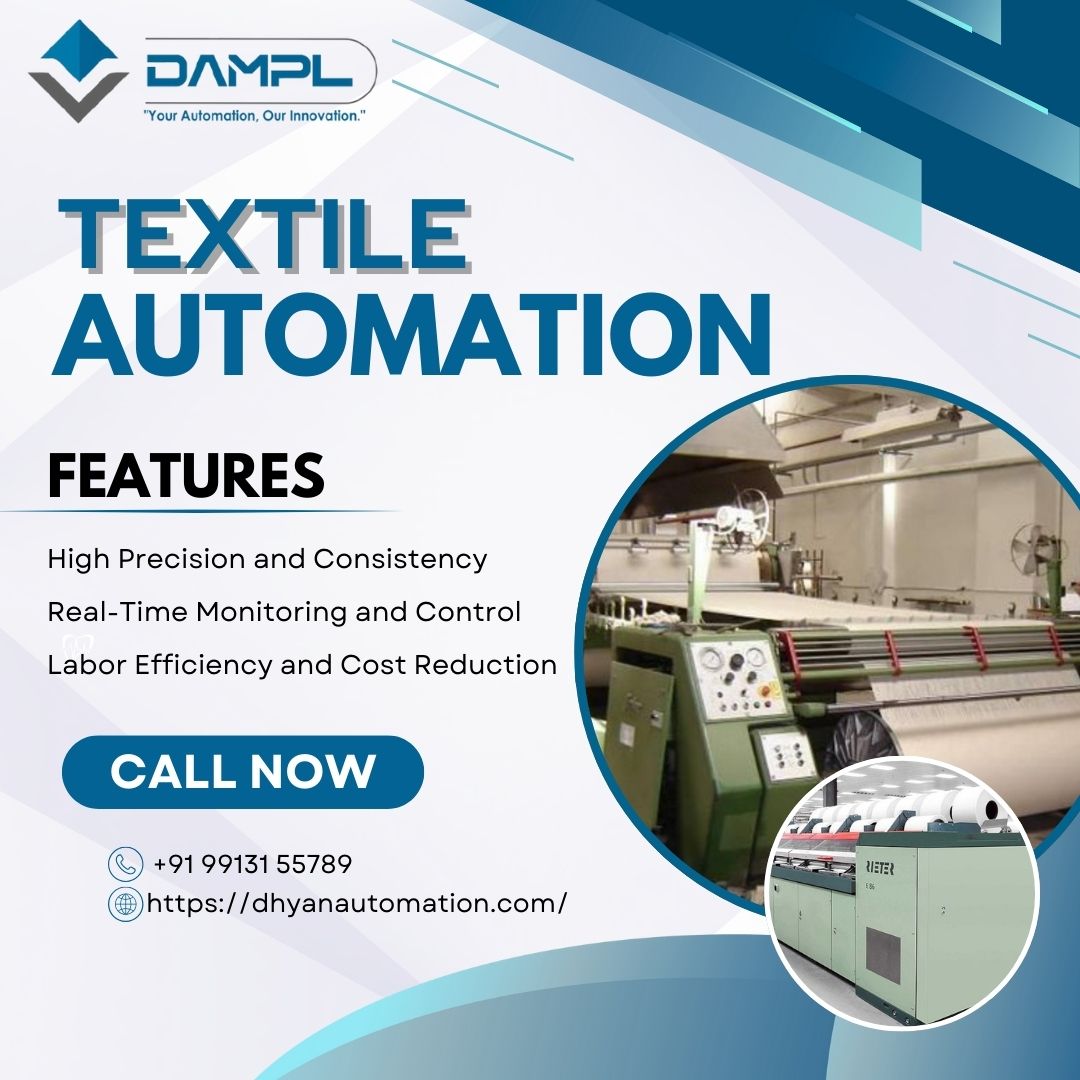
Industrial Sensors & Controllers
Introduction
Industrial sensors and controllers form the backbone of modern automation and control systems. Designed to monitor, detect, and control various physical and environmental conditions such as temperature, pressure, proximity, and flow, these devices ensure smooth and safe operation of industrial processes. With the advent of smart manufacturing and Industry 4.0, sensors and controllers have become increasingly intelligent, enabling real-time data acquisition, analysis, and automated decision-making to optimize efficiency and productivity.
Applications
-
Manufacturing Plants: Automation, quality control, and machine safety.
-
Process Industries: Monitoring temperature, pressure, flow, and levels in chemical, oil & gas, and food processing plants.
-
Automotive Industry: Engine performance monitoring, robotic assembly lines, and safety systems.
-
Power Generation: Monitoring voltage, current, and environmental conditions in thermal, hydro, and renewable energy plants.
-
Pharmaceuticals: Precise environmental control and compliance with hygiene standards.
-
Water Treatment Plants: Flow measurement, level detection, and system regulation.
-
HVAC Systems: Controlling temperature, humidity, and pressure.
-
Packaging Industry: Ensuring operational efficiency, material detection, and error-free labeling or sealing.
Benefits
-
Real-Time Monitoring for Efficient Operations
-
Improves Product Quality and Process Reliability
-
Enhances Workplace and Equipment Safety
-
Supports Automation and Smart Control Systems
-
Energy Efficiency through Intelligent Control
-
Compact Design for Integration into Limited Spaces
-
Flexible Connectivity with PLCs, SCADA, and IoT Platforms
-
Supports Compliance with Industry Standards and Regulations
Technical Specifications
1. Temperature Sensors (RTD, Thermocouples):
-
Measuring Range: -200°C to +1200°C
-
Accuracy: ±0.1°C to ±2°C
2. Proximity Sensors (Inductive, Capacitive):
-
Sensing Distance: 2 mm to 30 mm
-
Output Type: PNP/NPN, NO/NC
-
Operating Voltage: 10–30 V DC
-
Response Time: <1 ms
3. Pressure Transmitters:
-
Range: 0–10 bar to 0–1000 bar
-
Accuracy: ±0.25% FS
-
Protection Class: IP65/IP67
4. Controllers (PID, PLC-based):
-
Control Modes: On/Off, PID, Ramp/Soak
-
Inputs: Thermocouple, RTD, mA, Voltage
-
Outputs: Relay, SSR, Analog, Digital
Used Materials
-
Stainless Steel (304/316): For sensor housings, ideal for corrosive and hygienic environments.
-
Engineering Plastics (PA, PBT, ABS): Used in housings, connectors, and insulation parts.
-
Ceramic and Glass: Sensing elements, insulating layers.
-
Copper and Nickel Alloys: For internal wiring and thermal sensors.
-
Silicone and Epoxy Resin: Encapsulation for moisture resistance.
-
PCB with Gold/Nickel Plating: For precision electronic circuit boards.
Why Choose Us
-
Advanced Sensor & Controller Designs
-
High Accuracy, Reliability & Longevity
-
In-House R&D and Quality Testing Labs
-
Compliance with Global Certifications (ISO, CE)
-
Wide Product Range for Multiple Industrial Applications
-
Seamless Integration with Existing Systems
-
Competitive Pricing Without Compromising Quality
-
Trusted by Leading Industrial Automation Partners
FAQs
Q1. What is the role of sensors and controllers in industrial automation?
A1. Sensors and controllers are critical components in automation systems. Sensors detect physical changes (such as temperature, pressure, position, or flow) and convert them into signals. These signals are interpreted by controllers, which then make decisions—like adjusting a valve, turning a motor on or off, or sending alerts. This interaction enables automated, real-time control over manufacturing or process operations, leading to increased productivity, reduced manual errors, and enhanced safety.Q2. How do I choose the right sensor for my industrial application?
A2. Choosing the right sensor depends on several factors: the type of parameter to be measured (temperature, pressure, distance, etc.), environmental conditions (moisture, dust, chemical exposure), required range and accuracy, installation constraints (size, mounting), and communication protocol (analog, digital, wireless). It’s also important to consider long-term reliability and compatibility with your control system. Consulting with a sensor specialist can help tailor a solution to your specific operational needs.Q3. Can these sensors and controllers be integrated with IoT and smart systems?
A3. Yes, modern industrial sensors and controllers are designed for easy integration with IoT-enabled platforms. Many devices come with digital communication interfaces such as Modbus, Ethernet/IP, or wireless protocols like Zigbee and LoRa. This allows seamless data transfer to cloud systems or industrial gateways for monitoring, analytics, and control. IoT integration enhances remote access, predictive maintenance, and energy management in smart factories.Q4. How do industrial controllers manage different inputs and outputs?
A4. Industrial controllers, such as PLCs or PID controllers, receive input signals from various sensors, process the data based on programmed logic or control algorithms, and produce output commands. For instance, a temperature controller may receive a signal from a thermocouple and then activate a heater or cooling fan accordingly. Controllers are equipped with analog/digital input and output terminals, relays, and communication ports to manage complex industrial tasks reliably.Q5. What is the expected lifespan of industrial sensors and controllers?
A5. The typical lifespan of industrial sensors and controllers ranges from 5 to 15 years, depending on the quality of components, operating environment, and maintenance. Sensors installed in harsh environments—like high temperatures, corrosive atmospheres, or high vibration—may have shorter lifespans unless they are ruggedized. Proper installation, regular calibration, and timely maintenance significantly extend the operational life of these devices.Conclusion
Industrial sensors and controllers are essential for achieving precision, efficiency, and automation in today’s competitive industrial landscape. From monitoring critical process variables to enabling seamless control and communication, these devices drive operational excellence across sectors. With a wide variety of types, robust materials, and advanced connectivity features, sensors and controllers continue to evolve as the cornerstone of smart manufacturing and digital transformation. Investing in high-quality, reliable automation components ensures long-term performance, safety, and adaptability to future technologies.
